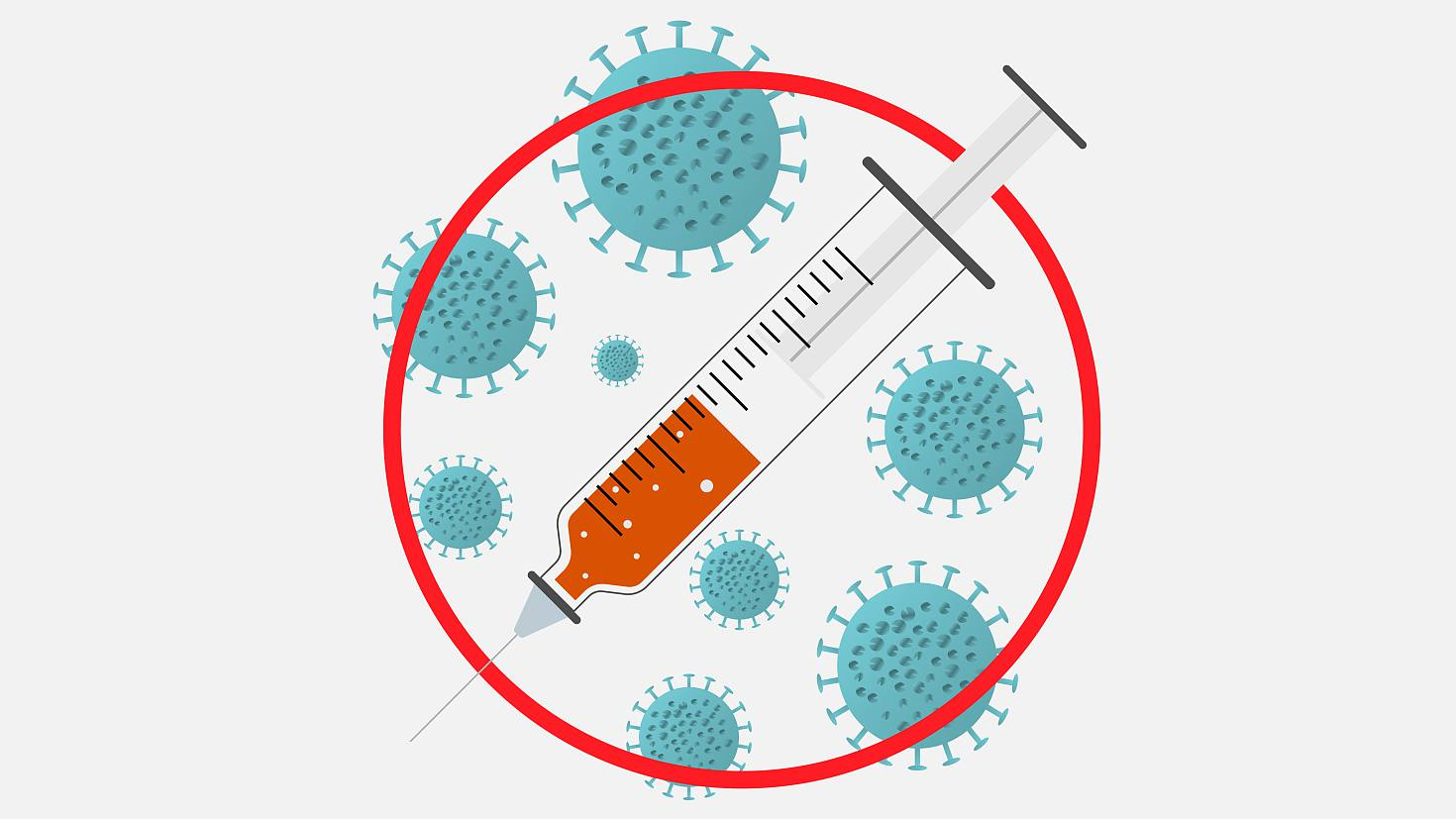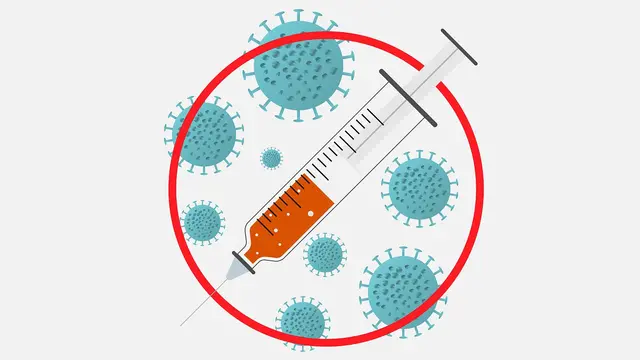
A pill containing two HIV drugs that was hoped to be a potential treatment for the novel coronavirus was not effective, according to a study published on Wednesday in the
New England Journal of Medicine online
.
A total of 199 patients infected with novel coronavirus participated in the trial led by Cao Bin, vice president of China-Japan Friendship Hospital. Ninety-nine of them received Kaletra, an antiviral drug combining lopinavir and ritonavir, and the other 100 were given standard care.
The former showed small gains in the time to clinical improvement and mortality at 28 days, but the differences were not statistically significant. People on the drugs showed clinical improvement after a median of 15 days compared to 16 days with standard care, a difference the researchers characterized as "significant, albeit modest."
The team concluded that "lopinavir–ritonavir treatment did not significantly accelerate clinical improvement, reduce mortality, or diminish throat viral RNA detectability in patients with serious COVID-19."
The lopinavir-ritonavir combination also produced more side effects, prompting the treatment to be halted in 13.8 percent of the patients.
The test, conducted at Wuhan Jinyintan Hospital, one of the major hospitals in China to fight COVID-19, "was a heroic effort," Dr. Lindsey Baden and Dr. Eric J. Rubin, editors of the New England Journal of Medicine, said in a Journal editorial. "Unfortunately, the trial results were disappointing."
The treatment "had no discernible effect" on the replication of the virus, which is how the therapy is supposed to work, they said. But "whether earlier lopinavir–ritonavir treatment in COVID-19 could have clinical benefit" is an important question that requires further study, said the research team.
(With input from Reuters)
 简体中文
简体中文












